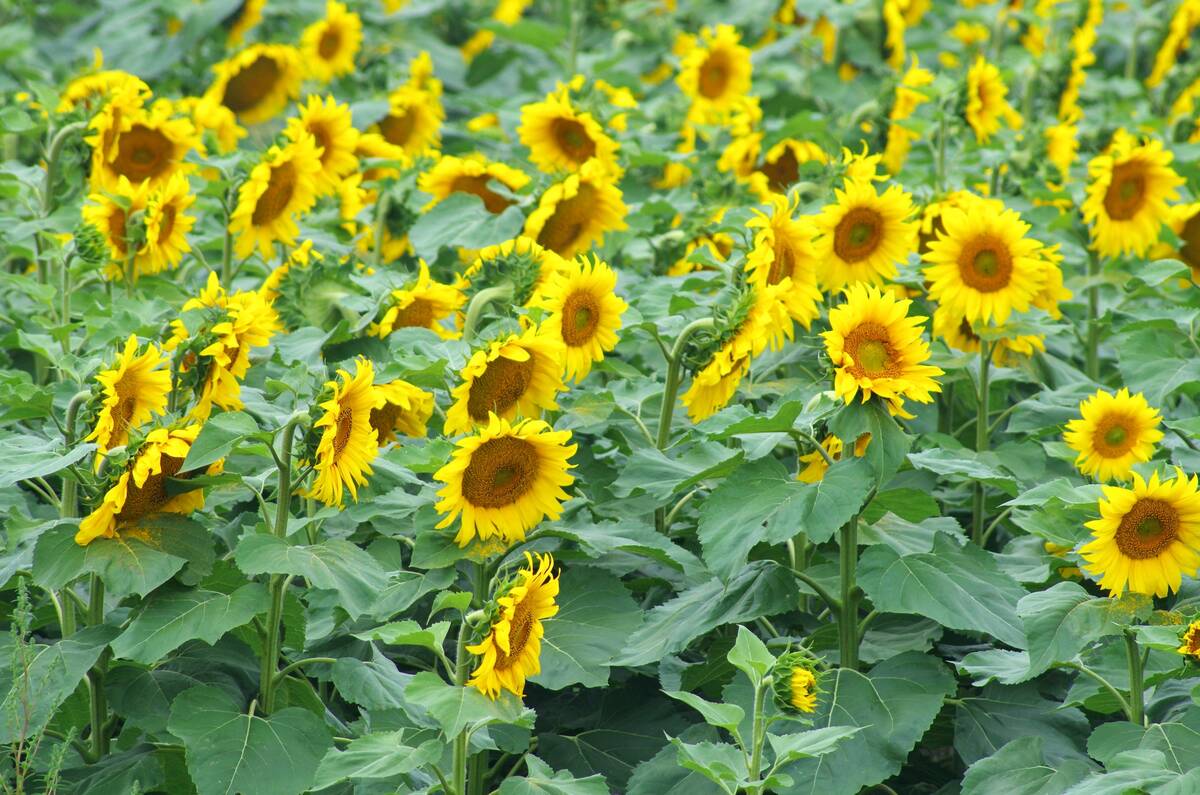Agriculture is a priority for Saskatchewan legislators, the government said as MLAs resumed sitting March 14.
Premier Lorne Calvert said the ongoing border closure and the state of the province’s livestock industry are concerns that will generate significant debate.
He expected both sides would work together on an issue that goes beyond politics.
“The cows out there don’t vote NDP, they don’t vote Sask Party, they don’t vote Liberal,” he told reporters. “The producers, I believe, expect from their leadership in this province, as much as we can possibly do it, a common approach when this kind of a situation faces us.”
Read Also

Made-in-Manitoba sunflower hybrid heads to market
Glacier FarmMedia – Manitoba’s confection sunflower growers will have a new seed option next spring that was developed specifically to…
Calvert said he has already outlined the province’s six goals for expanding the food and meat processing industry. They include lessening dependence on other jurisdictions and enabling more research and development.
Agriculture minister Mark Wartman is consulting with industry and will offer more specifics early in the session, Calvert said.
The premier also said until Wartman does that, he would reserve comment on initiatives like tax breaks for new entrants.
“You need to be very, very sure; very, very sure, that those who have built in our province, who are doing slaughtering and processing today, who have invested and in some cases suffered very significantly, that you’re not now providing some advantage to a new kid on the block,” he said.
The Saskatchewan Party has unveiled a list of immediate measures it says should be taken. These include a provincial capital tax exemption for new or expanding beef processors, a provincial sales tax rebate on capital costs and property tax exemptions.
Sask Party leader Brad Wall said interprovincial trade barriers also need to be reduced.
Calvert added that the two parties share concerns about the Canadian Agricultural Income Stabilization program.
“I think in this session you will hear … a concerted common voice from this legislature that the current support program defined under CAIS is not fair to the taxpayers of Saskatchewan and that the equity proposal that we’ve advanced is a proposal I hope that we all can get behind and advance to the national government.”
Wartman said an earlier proposal to cap provincial CAIS contributions at three times the per capita average “wasn’t going anywhere.”
His officials have revised the equity proposal to include a sliding scale. Provinces that experience an average or below average CAIS claim year would pay 40 percent of the cost. That percentage would change as the long-term average cost rises. For example, a province that sees claims rise above 150 percent of that average would pay only 10 percent while Ottawa pays 90 percent.
Wartman said he expects his counterparts to discuss this proposal at their July meeting in Alberta.















